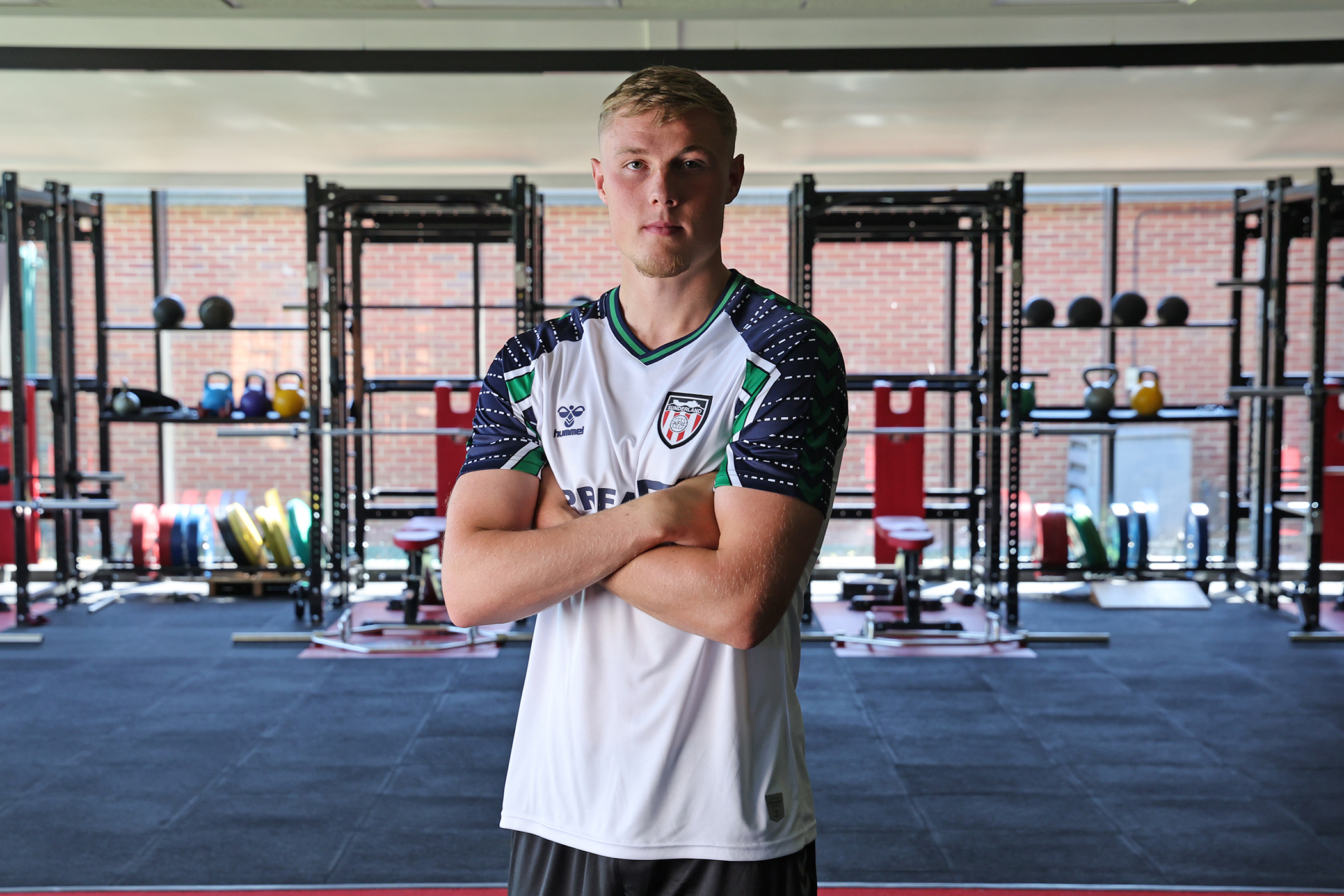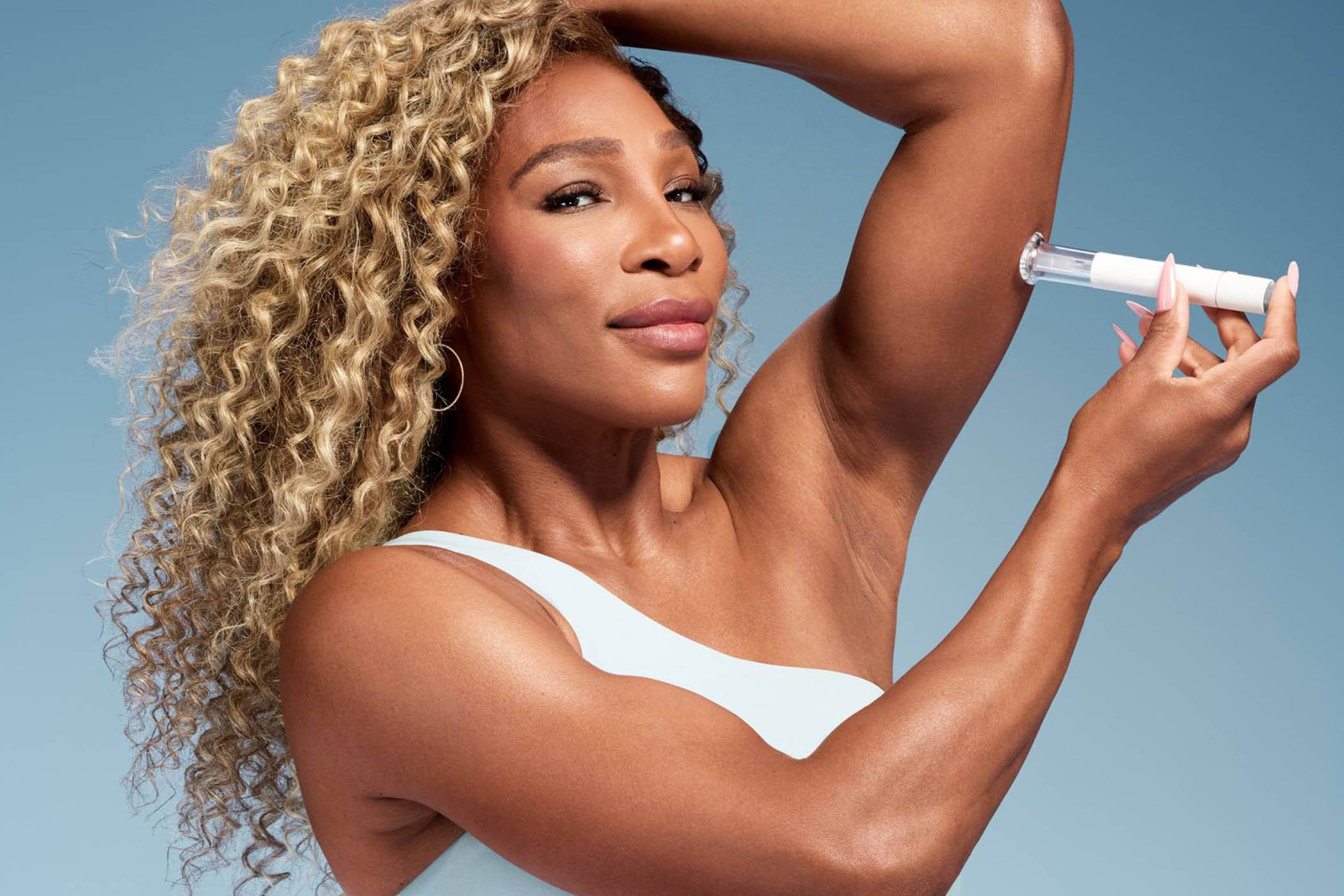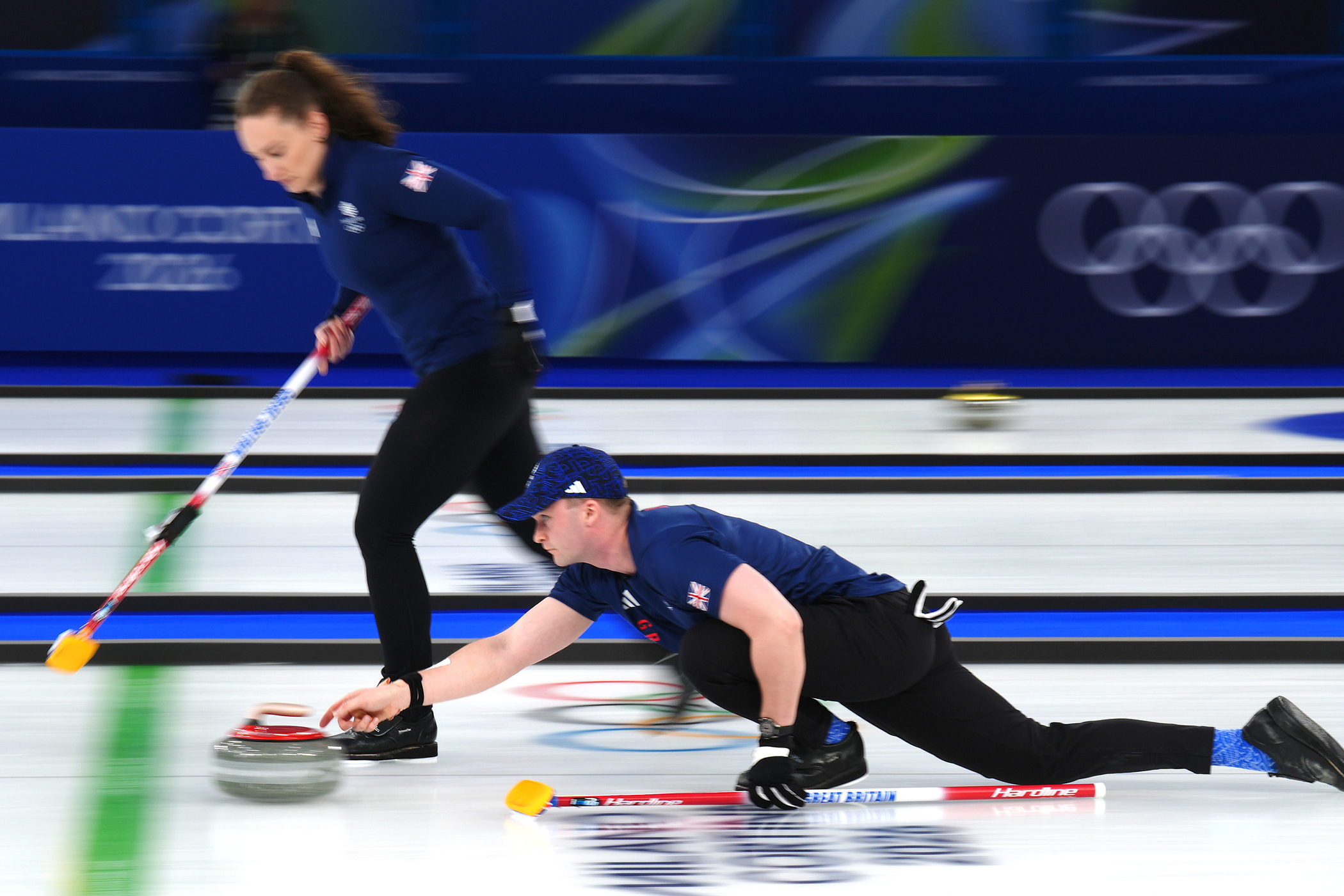One day in 2016, a 16-year-old Daniel Ballard was lying in bed when his phone lit up. He left it ringing, thinking he’d return the call later.
He wasn’t having the easiest of times, having been released by Arsenal before suffering a broken ankle, which caused other trials to fall through.
Now he was fit again, he was pursuing a scholarship with his home town club Stevenage, in League Two, though that wasn’t a sure thing either. He had even already signed up to return to school and do his A-levels.
So that evening, he could have been forgiven for letting the phone ring and dealing with it later. But at the last moment he looked at the screen and saw the call was from Andries Jonker, Arsenal’s academy director.
“I just shot straight up and answered it,” Ballard recalled.
“Andries said: ‘We have a friendly away at Bayern Munich and we need an extra player. Just for this occasion.’
“Suddenly I was on the plane to Germany. I played centre-back, played one half and had a really good game. Then, as we were in the airport on the way back, Andries offered me a scholarship. It was a crazy few months.”
Looking back, the Sunderland defender understands why they let him go in the first place.
Related articles:
“I wasn’t very strong, fast, or technically the best, but I always worked really hard,” he said.
“That’s why I think I got that second opportunity, as I always listened and wanted to get better.”
Newsletters
Choose the newsletters you want to receive
View more
For information about how The Observer protects your data, read our Privacy Policy
In fact, it was the second time he returned to the club, as former academy director Liam Brady had given him a second chance after initially being released.
Returning to the club for a second time, he still had to rely mostly on his determination and drive.
“I had so much work to do to get up to the standard. I was doing lots of gym work, every session working really hard,” he said.
But over time, he began to see the rewards.
“There was one year I stepped up to the Under-21s, and things started to come together a bit, as I was performing well with them and also started getting opportunities to go on loan.”
Stints at Swindon, Blackpool, and Millwall followed, with Ballard moving up a division each year, which gave him the chance to develop away from the spotlight. Meanwhile, he had also begun playing for Northern Ireland, which boosted his club career, before moving to Sunderland in 2022.
He recognised the club’s potential and that feeling proved to be right, as they slowly built their way back to the big time, with Ballard eventually playing a key role.
As Sunderland headed into last season’s Championship play-offs, the 26-year-old wasn’t sure he would feature, having just returned from a hamstring injury.
“I kind of expected not to play, so I was very surprised when the gaffer put me in for the semi-final,” he said.
What followed was the stuff of dreams. He had man–of-the-match performances against Coventry, culminating in the final minute of extra time in the second leg, when he rose to meet a curling Enzo Le Fée corner, connecting with the backside of his head to score and send the Stadium of Light into meltdown.
“When the goal went in, it was crazy, I was just in disbelief. I don’t think there will ever be scenes like that again; it was the loudest. It was just pure emotion coming out,” he said.
“The last eight years, with the club struggling and even down in League One; everything came out in that one goal. People are still coming up to me now and just say it’s the best day of their lives.”
The final itself, against Sheffield United, was won in similar fashion after overturning a 1-0 deficit and scoring the winner deep in injury time.
“We had a slow start, but in the second half we turned it on. It was the same with the late goals, which was sort of the theme of the season, sticking together and rising to the big moments,” he said.
Sunderland returned to the Premier League and have now started the season in fine form. Ballard scored another header in the Black Cats’ opening weekend 3-0 victory against West Ham, and said manager Régis Le Bris deserves the plaudits he has received in the club’s recent rise.
“He’s tactically spot on. And he works so hard, with that he sets an example as well,” he said.
Next up for Sunderland is Everton, before they entertain Arsenal next weekend – Ballard’s first time facing his old club. It will be a special day for the central defender, who has no regrets about leaving The Gunners three years ago.
“I’m just so grateful for everything Arsenal has done for me. I joined them at seven, eight-years-old and left when I was 20,” he said.
“They gave me every opportunity, even when I probably didn’t deserve them. I didn’t think I would be at the level I am now. I’ll be going into that game full of confidence, especially with the team we’ve got.
“It’ll be nice to see some of the people I grew up with,” said the defender.
“It will be a full-circle moment coming back to play against them. It’s probably just Bukayo [Saka] who’s in the team now, but I played a lot with Emile Smith Rowe, Reiss Nelson, and Eddie Nketiah, who moved to other teams.
“But a lot of the backroom staff are still there. And then there’s Granit Xhaka, who joined us this season. I didn’t think he would remember me, but he did, he said I was a lot smaller back then.”Ballard can see he is a late developer, but given his unconventional trajectory, there’s no telling how far he can go.
“I never thought I would be a professional player, when I played one game at Swindon in League Two, it was already sort of: ‘I’ve made it,’” he said.
“And when I played at Blackpool in League One, I was just grateful to be there. I didn’t even dream of the Premier League, I didn’t think that was possible. So it is cool to look back and think how it could have gone so differently. If I never got that call from Andries [Jonker] maybe I wouldn't even be playing football, or I would be playing non-league.”
Ballard’s story is a testament to perseverance and he embraced support along the way. During his academy years at Arsenal, he was introduced to sport psychologist Kate Green, who showed him the importance of focusing on things beyond football.
“If you’re not selected or injured and that’s all you’re thinking about, it can eat you up a little bit,” he said.
“Having other things to fall back on is really important. That’s why I continued my education, doing my A-levels and then studying at the London School of Business and Finance, where I’ve done a trading degree. Giving your mind something else to focus on also helps your football.”
Photograph by Ian Horrocks/Sunderland AFC via Getty Images


